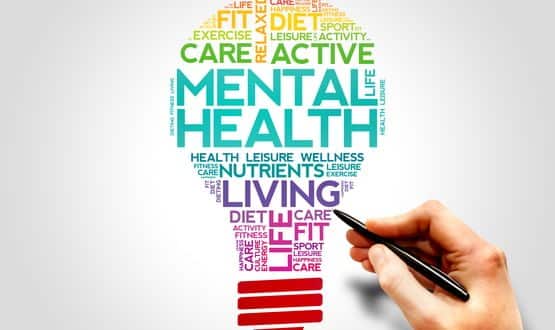Empowering Mental Wellness: Evaluating the Impact of Tech Tools for Mental Health
In this article, we explore the effectiveness of these tech tools and their impact on promoting well-being, managing stress, and fostering resilience.


In an increasingly digital world, technology has emerged as a promising ally in the quest for mental wellness. From mindfulness apps to wearable devices, a myriad of tech tools are designed to support and improve mental health outcomes. In this article, we explore the effectiveness of these tech tools and their impact on promoting well-being, managing stress, and fostering resilience.
Mindfulness and Meditation Apps
Mindfulness and meditation apps have gained popularity for their ability to reduce stress, anxiety, and improve overall mental well-being. These apps offer guided meditation sessions, breathing exercises, and mindfulness practices that help users cultivate present moment awareness and emotional balance. Studies have shown that regular use of mindfulness apps can lead to significant reductions in perceived stress and symptoms of depression, making them valuable tools for promoting mental wellness in today's fast-paced world.
Mood Tracking and Journaling Apps
Mood tracking and journaling apps empower users to monitor their emotional state, identify patterns, and gain insights into their mental health over time. By recording daily thoughts, feelings, and activities, users can track changes in mood, identify triggers, and develop coping strategies for managing stress and improving resilience. These apps provide a sense of agency and self-awareness, enabling users to take proactive steps towards prioritizing their mental well-being and seeking support when needed.
Therapy and Counseling Platforms
Online therapy and counseling platforms offer convenient and accessible mental health support for individuals seeking professional guidance and intervention. Through secure video calls, messaging, and virtual sessions, users can connect with licensed therapists and counselors from the comfort of their homes. These platforms provide a safe and confidential space for discussing concerns, exploring coping strategies, and receiving evidence-based interventions tailored to individual needs. Research has shown that online therapy can be as effective as in-person therapy for treating various mental health conditions, making it a valuable resource for those seeking support.
Wearable Devices for Stress Management
Wearable devices equipped with biometric sensors offer real-time insights into physiological indicators of stress and relaxation, such as heart rate variability (HRV) and skin conductance. By monitoring these biomarkers, wearable devices can provide personalized feedback and interventions to help users manage stress levels and promote relaxation. Some devices offer guided breathing exercises, mindfulness prompts, and relaxation techniques to support users in achieving a state of calm and balance. While research on the effectiveness of wearable devices for stress management is ongoing, preliminary studies suggest promising results in reducing perceived stress and improving overall well-being.
Community Support and Peer Networks
Online communities and peer support networks play a vital role in promoting mental wellness by fostering connections, reducing isolation, and providing a sense of belonging. Social media platforms, online forums, and virtual support groups enable individuals to share experiences, offer encouragement, and access resources for mental health support. By connecting with others who share similar struggles and experiences, individuals can find validation, empathy, and solidarity, strengthening their resilience and coping skills in the face of mental health challenges.
Conclusion
Tech tools aimed at improving mental health have the potential to empower individuals, enhance self-awareness, and facilitate access to support and resources. From mindfulness apps to therapy platforms and wearable devices, these tools offer diverse approaches to promoting mental wellness and resilience in today's digital age. While further research is needed to fully understand their effectiveness and impact, tech tools for mental health represent a promising avenue for empowering individuals to prioritize their well-being and lead fulfilling lives.